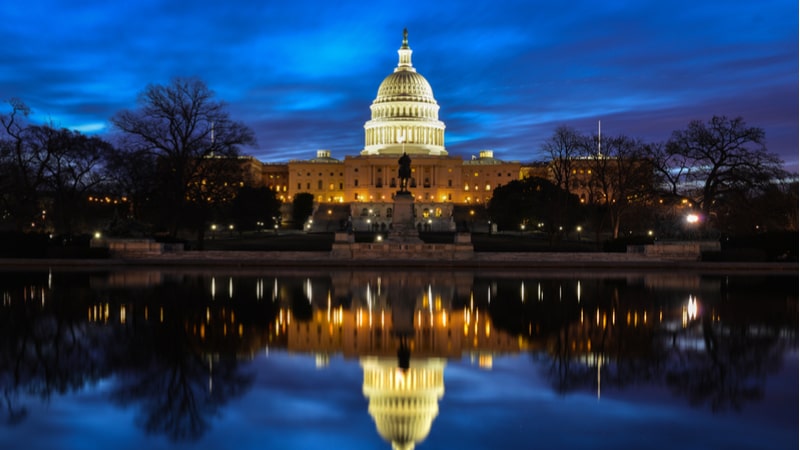
A lack of incentives for House members, and a declining count of professional committee and member staff with the necessary experience, are combining to dampen oversight activities in the House, panelists said Nov. 16 at an event organized by the Project On Government Oversight (POGO).
“The biggest problem,” said Kurt Couchman, vice president for public policy at Defense Priorities and a former congressional staffer, “is that members don’t have the incentive to conduct oversight” or even to work on much legislation. He blamed that lack of incentive on the House being too “leadership heavy,” with the result that committee chairs are slow to pursue oversight activity that is not favored by senior leadership.
Molly Reynolds, a fellow in governance studies at the Brookings Institution who studies how congressional rules and procedure affect domestic policy outcomes, agreed that stronger congressional leadership can dampen enthusiasm for oversight out of concern that it may cause harm to one’s own party.
“Being seen as weakening your own team can hurt you with leadership,” she said, adding that such disincentives were apparent on both sides of the aisle.
Reynolds also said reductions in committee staff in recent years–and experienced staff leaving for better pay in the private sector–makes it harder for members to undertake oversight activities. “We need to think about what it takes to get an effective workforce on the Hill and to get them to stick around,” she said.
Staff has decreased at each of the three principle oversight sources–Congressional Research Service, Government Accountability Office, and on Capitol Hill–Couchman said.
“Oversight is really hard work and takes a lot of time,” added Mandy Smithberger, director of the Straus Military Reform Project at POGO’s Center for Defense Information.
“Oversight is understanding federal law and making sure the Executive branch faithfully executes it,” Couchman said, but added that the law is sometimes hard to understand especially for newer members of Congress who don’t have a lot of issue expertise.
Adding to the challenge of expertise among members is that some oversight issues require security clearances for congressional staff to learn about, thus reducing the number of staff who can participate, panelists said.
In order to reinvigorate the oversight process, Reynolds said the “number one priority” is to make enough staff and funding available in Congress to perform oversight investigations.
Daniel Schuman, policy director at Demand Progress, said “what matters more than anything” is to have rules that determine how members of Congress can get issues to the floor for debate, and having “experienced staff that can hang around long enough to know what’s going on.”
Speaking separately at the same event, Michael Horowitz, Inspector General of the Justice Department and chair of the Council of the Inspectors General on Integrity and Efficiency (CIGIE), voiced concern about the ultimate impact of congressional oversight efforts.
“We have a good hearing” on oversight issues, he said, “but there is little follow-up” afterward. “And then people are on to the next thing,” he said.
